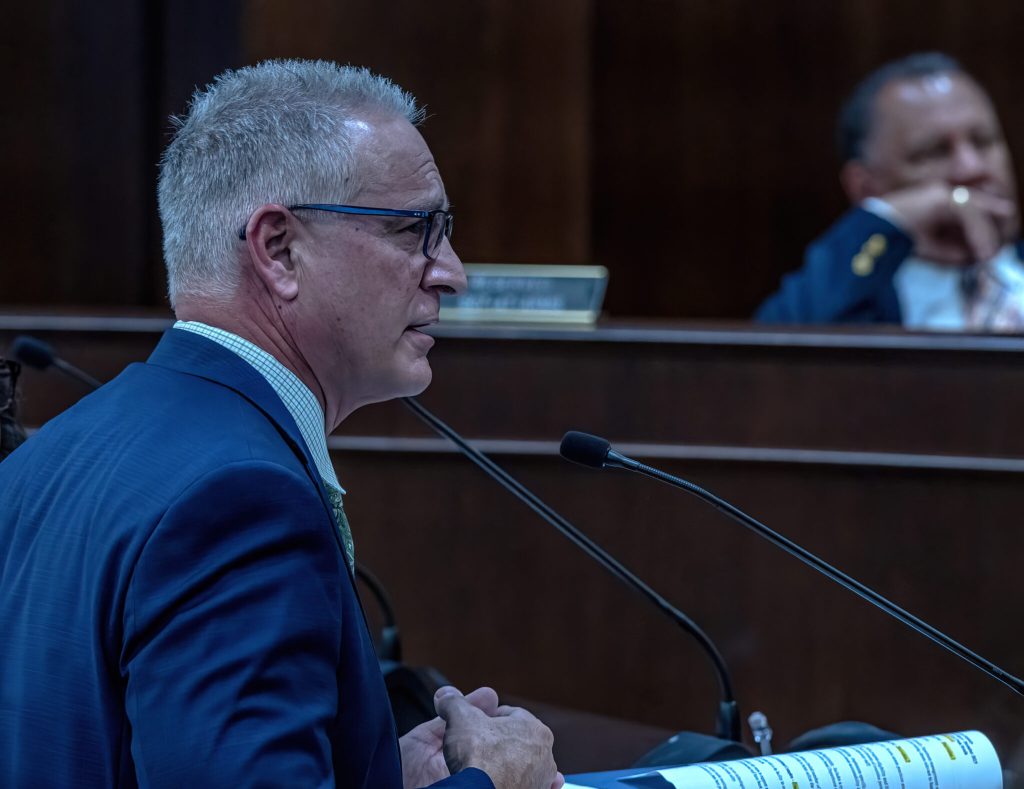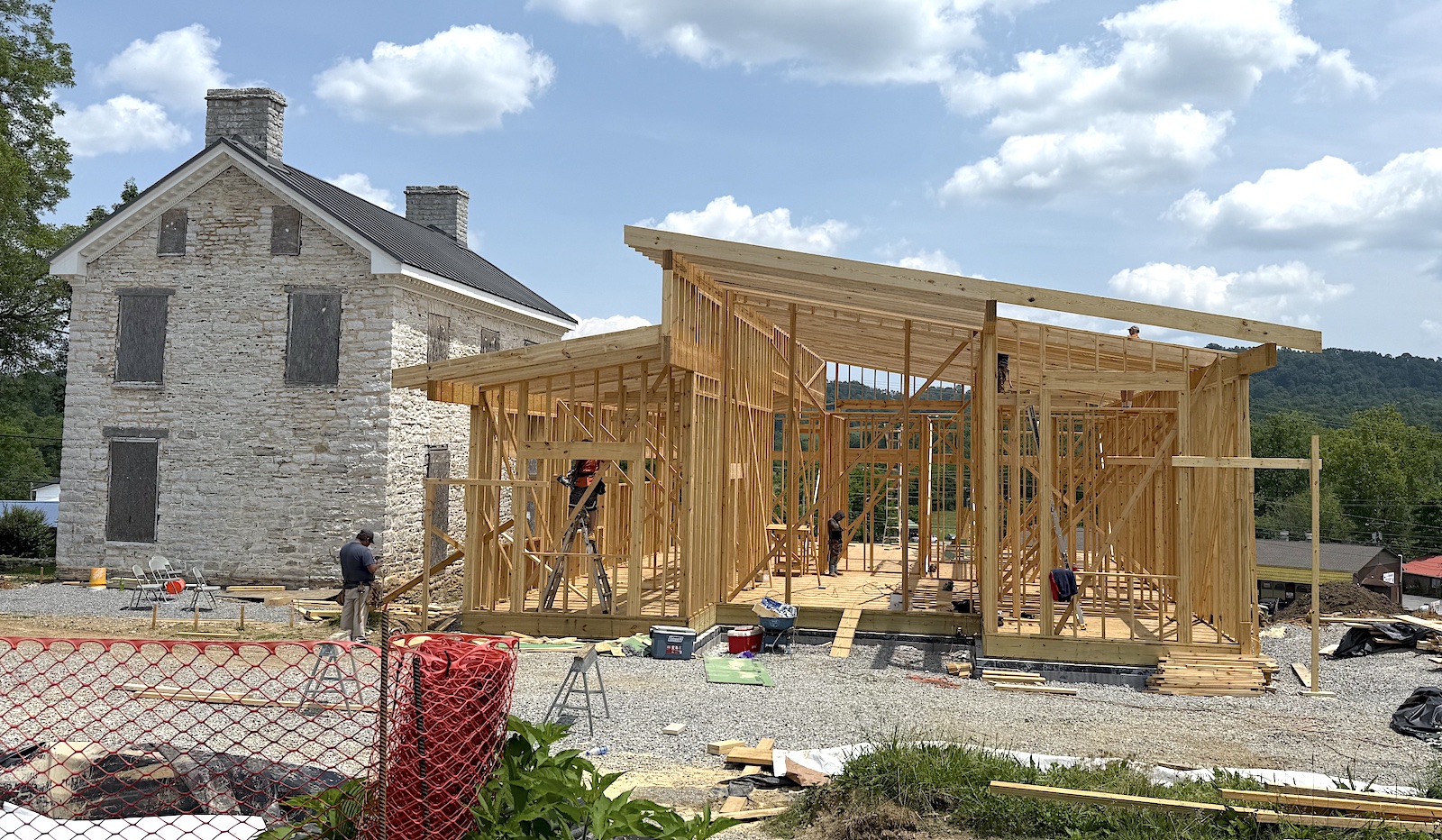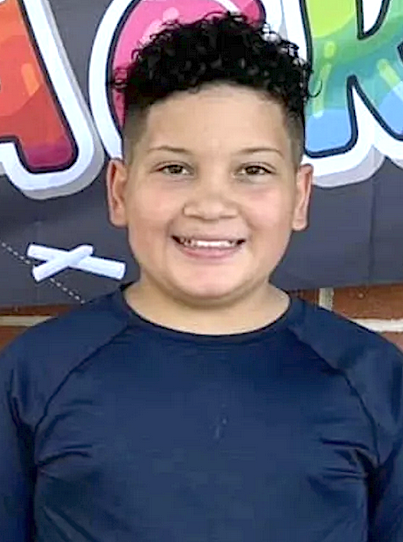Tennessee Correction Department boosting CoreCivic pay by $7M
Published 2:33 pm Friday, February 16, 2024

- Frank Strada, commissioner of the Tennessee Department of Correction: “Very comfortable” with private prison contract CoreCivic. (Photo: John Partipilo)
|
Getting your Trinity Audio player ready...
|
By Sam Stockard
Tennessee Lookout
The Tennessee Department of Correction is set to increase payments to its private prison operator by $7 million next year in spite of a bad audit that showed persistent personnel shortages.
As part of its $1.4 billion budget plan for fiscal 2024-25, the Correction Department is requesting a $9.8 million increase, most of which will go to CoreCivic for staffing costs as its total state contract payments to the vendor jump to $233M, according to the state budget plan. Another $2.3 million will go toward increased spending for behavioral health services.
The Senate State and Local Government Committee approved the plan Tuesday and asked no questions about the state’s relationship with CoreCivic.
The private prison company, which runs four of Tennessee’s prisons, suffered a 146% turnover rate in 2023 while the state’s other prisons saw a 30% vacancy rate because of difficulty in hiring correctional officers. Over the years, the contractor has had problems hiring and keeping officers, making it more difficult to monitor prisoners and causing safety risks.
Correction Commissioner Frank Strada explained Tuesday the extra spending for CoreCivic is tied to “inflators,” comparable to a cost-of-living increase.
“I’m very comfortable with CoreCivic,” Strada said, “and the strides they’re making to try to improve their operations.”
The commissioner, who was hired last year from Arizona, noted he talks to CoreCivic executives regularly and visits the prisons they run.
At state-run prisons, officers had to work overtime, sometimes up to 70 hours a week. In some situations, the department used personnel such as attorneys and accountants to work extra hours as correctional officers, paying them at a higher rate.
Yet as the state ran into prison staffing shortages last year, CoreCivic had nearly double the posts empty.
State Sen. Heidi Campbell questioned the Correction Department’s plan, saying one of the worst things the state ever did was privatize prisons.
“The accountability mechanisms have been absolutely unacceptable,” said Campbell, a Nashville Democrat. “I find it appalling that we continue to feed a department that is hurting Tennesseans and is geared toward increasing incarceration at almost any cost.”
In spite of those staffing shortages and a host of other problems at CoreCivic-run prisons over the last few years, the state doesn’t appear to be ready to move in a different direction.
The State Building Commission approved an $8 million increase last year at South Central Correctional Facility in Clifton even though CoreCivic has paid $20 million in liquidated damages the past few years for failing to meet contract requirements.
The parents of three inmates who died in CoreCivic-run prisons over four months in 2021 accused the private company of prioritizing profits over safety and filed suit against the state.
CoreCivic is among the biggest political spenders in the state, doling out $220,000 annually for lobbying and political donations, giving $84,250 to lawmakers and their political action committees before this year’s session started.
The top recipients heading into this year’s session are:
- House Speaker Cameron Sexton, R-Crossville, CamPAC, $10,000
- Lt. Gov. Randy McNally, R-Oak Ridge, McPAC, $7,500
- Senate Republican Caucus, $7,500
- Sen. Ferrell Haile, R-Gallatin, $5,000
- House Republican Caucus, $5,000
Rep. Johnny Shaw, D-Bolivar, was the only Democrat to receive money from CoreCivic last year.





